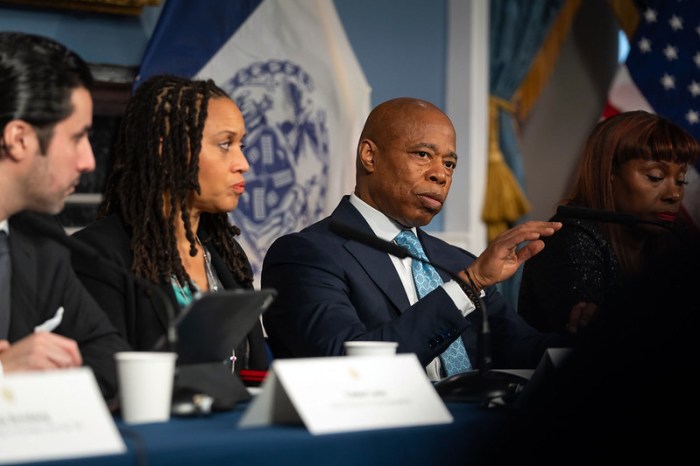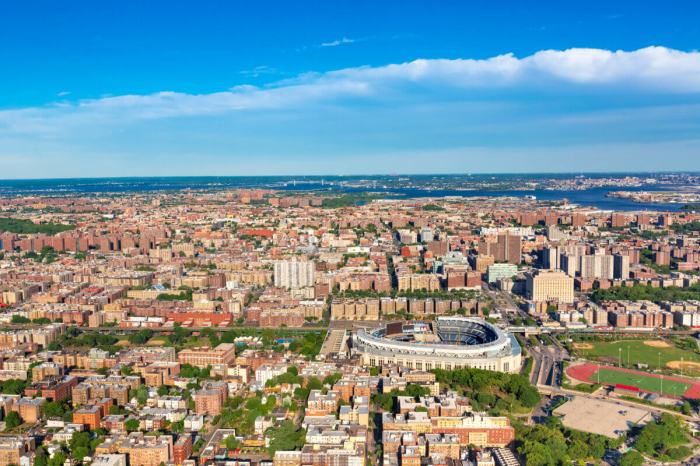A few weeks ago, my 14-year-old son’s Catholic high school in Manhattan sent word that a list of priests in the Northeast who were credibly accused of sexual abuse in the past would be made public.
A familiar name was eventually published along with dozens of Jesuit priests who’d taught in some of the city’s Catholic schools: my former religion teacher.
I graduated from the school in 2000. While I was never abused, the church abuse scandal hits me deep, not only as a graduate but also as a parent whose son attends the school. It has even made my mother, a devout Catholic, question why the church still holds on to archaic rules like not allowing women or married men to be priests, which she believes help foster an abusive environment.
Even though I am no longer a believer, the church has meaning for my life. As I wrote on this page last year, a Jesuit priest worked with my mom and others to support peasants and workers in Bolivia — a move that eventually cost him his life. Many priests were on the right side of history in Latin America during a period of death squads and political persecution.
That said, despite some of the efforts of the school and of Catholics in NYC to begin to take some accountability for abuse, the ways the church dragged its feet and covered up abuse scandals point to an institution that was focused more on self-preservation than justice for victims.
As many believers and nonbelievers can agree, a religious institution that seeks to be a moral and spiritual guide for millions of worshippers should be held to the highest standards — especially when dealing with children.
This is why I was particularly angered to see NYC Cardinal Timothy Dolan attack state lawmakers after they passed the Child Victims Act, legislation aimed at expanding the statute of limitations for victims of abuse. While I’m generally no fan of elected officials and their political grandstanding, hearing Dolan complain about a law “breaking” the church reaffirms my sense that the church is first and foremost looking out for itself.
The church continues to lose members as more turn away from organized religion. If it wants to retain supporters, it must be more transparent and take full responsibility for the actions of the priests it protected for years. If the church wants to gain back trust and even teach our children, it must set an example.
Josmar Trujillo is trainer, writer and activist.

















